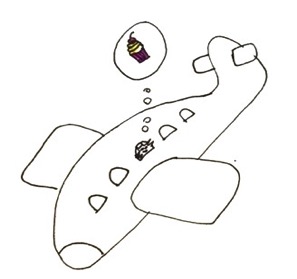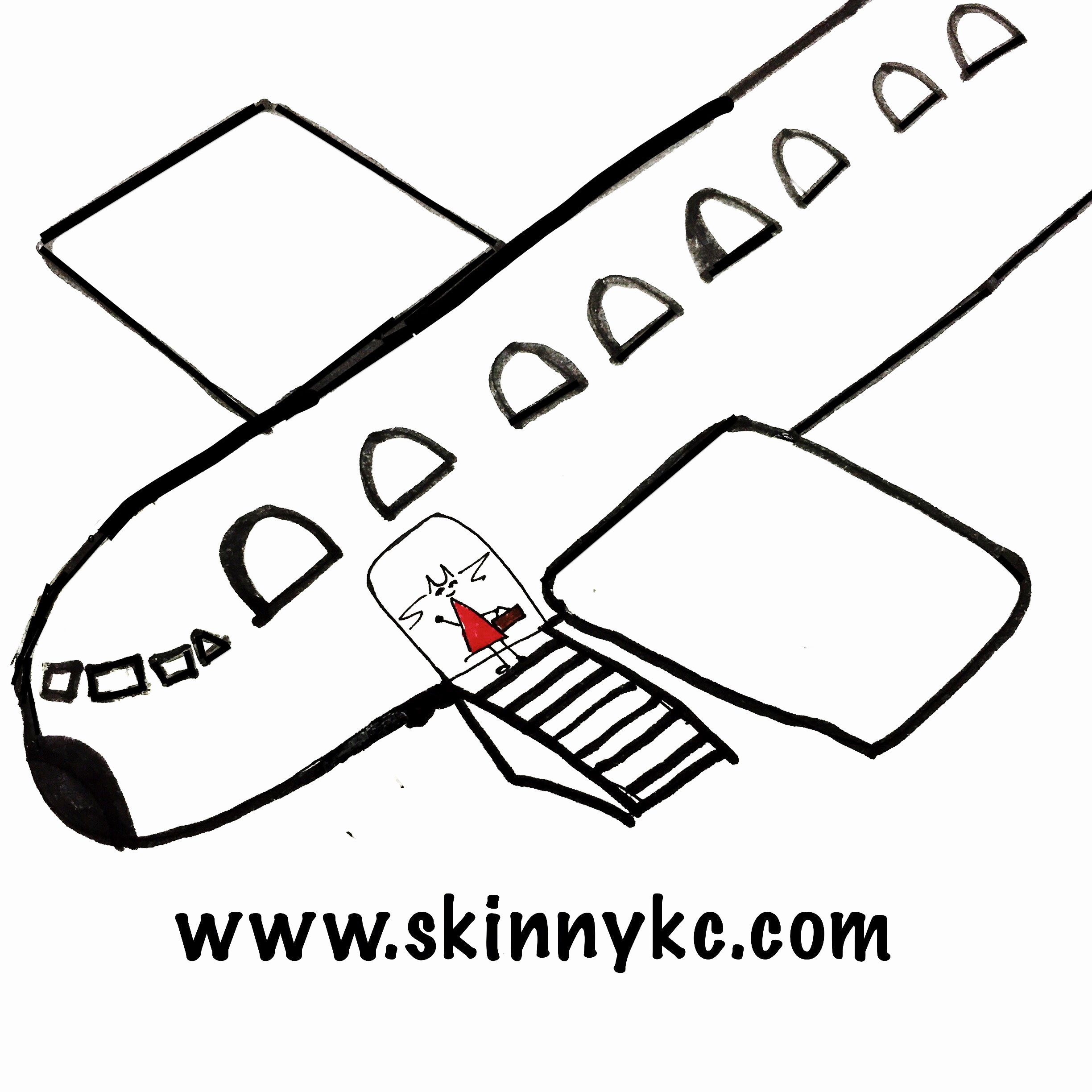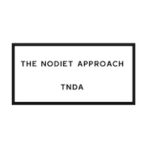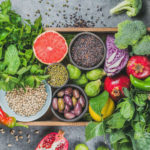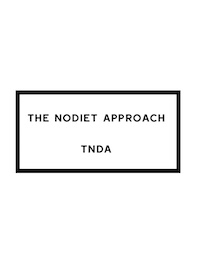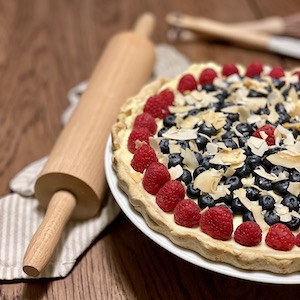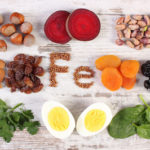Craving on a plane?
Craving on a plane? Whether you are a frequent flyer or a vacation addict, planes remain the fastest transportation for you to reach your Dream Island or business meeting. Airlines have managed to make you feel confortable while traveling rendering it a normal activity rather than the unusual event that it once was. Loyal airlines member benefit from a VIP treatment that extra miles offer. That all seem enchanting but have you ever thought about the consequences of continuous trips on your health; blood circulation, bloat attacks, food borne illness?
There are some improvements regarding plane food quality and taste as some airlines brought some Michelin star chefs to design the menu for first and business class passengers. Unfortunately Economy class travelers may experience in addition to the economy class syndrome of cramped legs, possible abdominal cramp attacks due to hazardous food handling! The most common tricky foods are cold dishes, aspic glazes and mayonnaise causing salmonella outbreaks due to inadequate food handling and refrigeration.
It is not beneficial for airlines to invest in kitchen on planes so food that was previously cooked in food facilities is reheated and served to passengers. Most of the times food handling is done using HACCP or ISO 22000 methods for proper hygiene. Food samples are kept in freezer within a 3 weeks period for further testing to limit eventual food borne illness outbreaks.
Our taste buds tend to lose their accuracy as the body is up in altitude, the capacity to experience flavors lowers; this is why most of the dishes are spicy or salty.
Pressure plays a role in bloating as internal gases expand in high altitudes, thus creating belly discomfort, it is best to avoid gas forming food like broccoli, cabbage, beans on board, which are no longer part of plane menus.
Though salty dishes are not helpful for people who suffer from bloating, dehydration is very common in planes as we usually feel most comfortable when the humidity in the air is around 40 % to 70 % and in aircraft cabins it is around 20% so it can cause dry eyes and dry skin so it is best to drink a lot of water and avoid alcohol, coffee or tea that has a diuretic effect unless we compensate with more water.
To limit onboard health problems, you can either chose a meal adapted for you (vegetarian, low calorie, low fat),or eat before take off and avoid potential hazardous ingredients like heavy dressings and shellfish. Preparing a long shelf life meal at home is an option although not very practical for everyone. People who should follow onboard health risk guidelines are mainly frequent flyers so no need to stress about air plane meals on your occasional vacation trip but rather enjoy it to the max!

